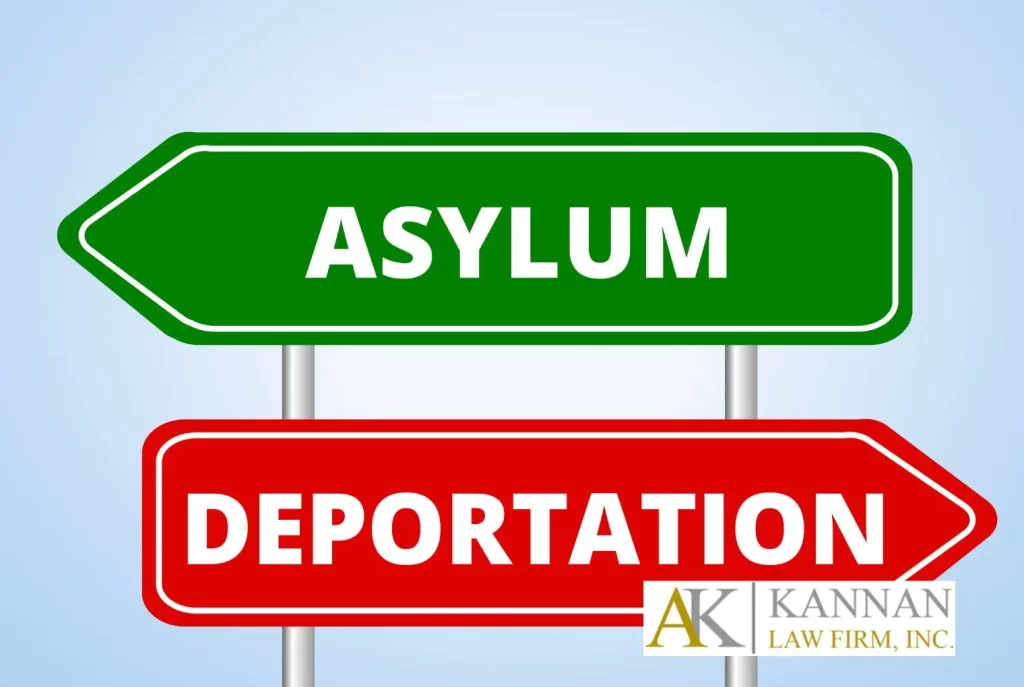The latest immigration changes in the United States directly affect the Immigration Parole Program
The latest immigration changes in the United States directly affect the Immigration Parole Program
What is the situation with immigration parole program today? In recent months, parole in the United States has been the subject of significant changes within immigration policy. This has generated uncertainty for thousands of immigrants seeking an opportunity to enter the country under this temporary benefit.
Since President Donald Trump took office this year, there have already been important announcements related to the immigration issue, which has millions of people on alert regarding their stay in this country.
Key Takeaways
- Humanitarian parole as a temporary mechanism: It allows entry into the US for humanitarian reasons, but does not grant permanent legal status.
- End of parole and new immigration measures: The Trump administration has eliminated humanitarian parole and TPS, prioritizing the deportation of immigrants in an irregular situation.
- Case-by-case evaluation: Immigration authorities will decide each situation individually, increasing the importance of seeking legal advice.
What is immigration parole?
Humanitarian parole is a mechanism that allows people to enter the United States temporarily for reasons of humanitarian urgency or significant public benefit. This permit does not grant permanent legal status but allows beneficiaries to remain in the country for a certain period of time.
The end of humanitarian parole has arrived
The uncertainty that millions of migrants live today in the United States is high after the Trump immigration executive order which ends humanitarian parole and the adoption of other measures related to migration that have the objective of “stopping the invasion on the southern border and empowering police officers to deport criminal aliens,” according to the Department of Homeland Security (DHS) that has ended parole in the United States.
Likewise, TPS, or temporary stay permit by its acronym, has also been eliminated after being granted to 1.5 million people who requested it from other countries.
Case-by-case attention
However, the latest humanitarian parole news reports that DHS has indicated that the way to proceed from now on will be case by case on a personalized basis, as well as beginning to proceed with deportation orders for illegal immigrants.
In addition to this, the Immigration and Customs Enforcement Service (ICE) and the Customs and Border Protection Office (CBP) are already working to catch foreign criminals, murderers, and rapists who are illegally in the country to deport them to their countries of origin.

What is the status of humanitarian parole today?
After allowing entry to the United States legally for two years, and permission to work and settle, today the Trump government intends to revoke the legal status of 530,000 Cubans, Nicaraguans, Haitians, and Venezuelans.
The DHS’s goal is to revoke parole status for people so that they enter deportation proceedings unless they have applied for or obtained another immigration benefit such as asylum or permanent residency by that time. For this reason, if you do not yet have an immigration attorney to guide you regarding your options, now may be a good time to do so.
Those who entered the country with humanitarian parole in 2024 may now be left in an irregular situation. Those who may be safer are Cubans who remain in the country legally for a year and a day under the Cuban Adjustment Act, which is still in effect and allows them to obtain permanent residency and then citizenship.
One option for nationals of Haiti, Nicaragua, and Venezuela is to apply for political asylum to be protected in the United States.
Conclusion
The situation of humanitarian parole in the United States has changed drastically, leaving thousands of immigrants in a state of uncertainty. With the elimination of this benefit and other stricter immigration control measures, those affected must seek legal advice to explore alternatives such as political asylum or permanent residence.
Contact Kannan Law for immigration legal advice in San Diego.
Frequently Asked Questions
What is the difference between humanitarian parole and asylum?
Humanitarian parole is a temporary permit to enter the US for urgent reasons, while asylum is a legal protection granted to those who fear persecution in their home country.
Can I apply for humanitarian parole if I am already in the US?
No. Parole is usually requested from abroad and is granted before entering the country. If you are already in the US, you may be able to explore other immigration options.
How long does humanitarian parole typically last?
The duration varies by case but is generally granted for periods of up to one year, with the possibility of extension in exceptional circumstances.
